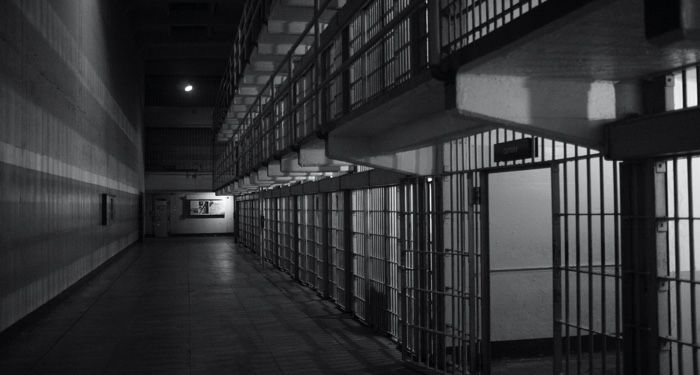
Reading Time: The Importance of the Prison Library
Stories set in prison usually base their action in the cells, the food hall, the exercise yard, or the gym. While some famous films and TV series have featured the prison library (it was a popular hangout in Orange Is The New Black and a key setting in The Shawshank Redemption), it’s often an afterthought in media exploring prison life. Despite this, the prison library is a crucial resource for real-life people who are incarcerated, offering the opportunity to carry out research around their cases, work on courses to develop skills, or read for pleasure and escape the often soul-crushing boredom of prison life. At least, this is the role of the prison library when things go well.

The problem with this? Access to prison libraries is, as you might imagine, very different than access to a public library. Library sessions are limited, as inmates must be escorted to and from the library and supervised while they are there. While there is a statutory minimum amount of library time for each prisoner, this is woefully short – 30 minutes every two weeks. And, as the blog Prison UK notes, even these short sessions aren’t always possible – for example, at HMP Lincoln, the library sessions clashed with gym sessions for some inmates, meaning that potential library users had to choose between library access and exercise (both crucial to their wellbeing). Staff shortages mean that prisons are unlikely to be able to be flexible with these slots, let alone increase access from the bare minimum. The libraries themselves are often underfunded, with minimal stock – as one Guardian reader sarcastically noted in a letter calling out the book ban, “Yes, I know there are prison libraries – I’ve worked in one and its contents would have shamed any charity shop.”
Bowing to public pressure, the government rolled back the book ban, letting prisoners’ friends and families buy books from selected retailers that could be sent directly to prison (thus removing the risk of contraband being smuggled in via the pages and spines – a fairly obvious solution that surely could have been thought of before). However, little was done to address the lack of stock in, or access to, prison libraries. The government guidelines on prison libraries still focus on the minimums – the minimum times for access, the fact that prisoners must have ‘reasonable access’ to a list of basic legal publications. Sadly, as prisoner testimony from blogs such as Prison UK suggests, problems such as understaffing and underfunding take their toll, and for people taking courses or working on their cases, half an hour every couple of weeks is nowhere near enough (I spent a long time as a student, and if my library time had been that limited, I’d still be only a fraction of a way through my very first course).
Luckily, where government funding and support has fallen short, there are organisations and charities taking steps to bridge the gap. Give a Book has several programmes aimed at helping prisoners gain access to books, and supporting prison libraries by expanding their stock. They organise prison reading groups, and have specific programmes such as Books in the Nick (for recently arrested people in police custody suites), Books for First-Nighters, and picture book reaching schemes for the UK prison service’s Mother and Baby Units. Books Beyond Bars is a prison abolitionist group that sends books, zines and educational materials to LGBTQIA+ prisoners, as well as campaigning for resources that help protect inmates’ sexual health. Haven Distribution also helps support prisoners’ education by providing textbooks, dictionaries, and large print or dyslexia-friendly books.
While access to books may be a less urgent issue for people in prison than adequate food, accommodation, and healthcare, it’s still a fundamental right, with provable benefits. Let’s hope that we’ve seen the last of the UK’s book bans, and that everyone gets access to the books they need – or just want – whenever they wish.
If you want to read more about the positive impact of libraries for all communities, check out our article In Gratitude to Libraries. For details of another brilliant book-giving scheme, read A Look Inside Dolly Parton’s Imagination Library.


















